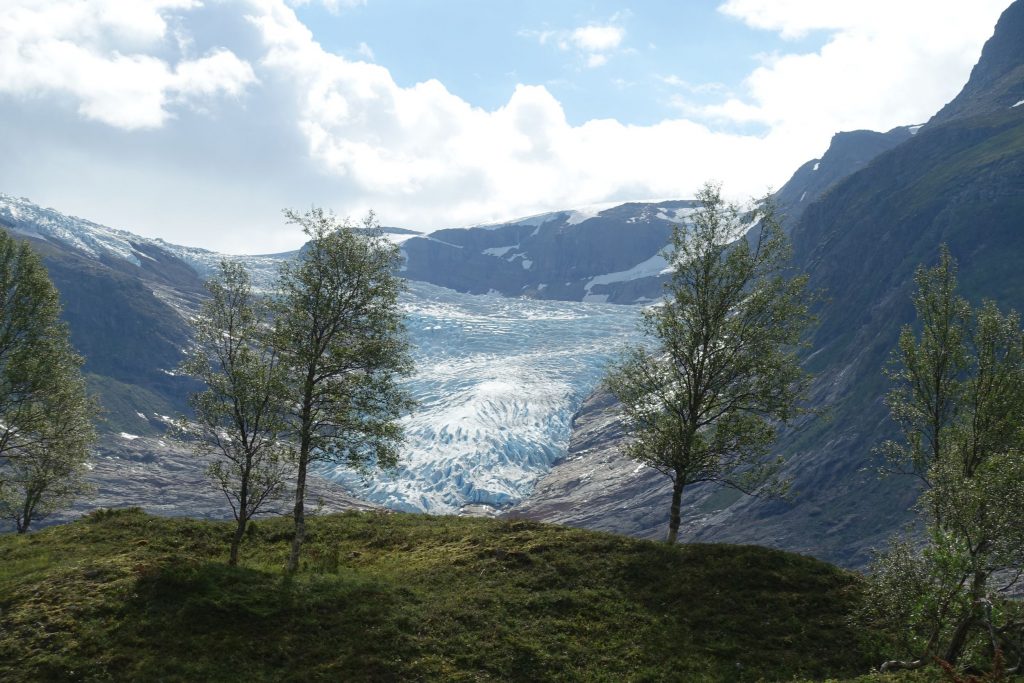Sustainability
Sustainability
Did you know that the manufacturing of lighter weight outdoor equipment consumes less natural resources than the comparable heavier gear? The emissions in the supply chain are also lower for lighter gear. This is because the used raw materials are in direct proportion to the weight of the end product.
Lightweight gear also uses less fuel during shipping. They lower the burden of the trucks the same way they lower the burden in your backpack.
It is easy to give green certifications to products. In reality, they are not very comparable. What really is green is not easily defined. We trust the scale: it gives a rtangible and objective measurement of the carbon footprint when comparing products made from the same material.
Does lightweight gear hold up as well as heavier camping gear? We think the answer is yes. For example titanium pots are not only light, but much more durable than heavier aluminium pots. High quality soft shell pants will refuse to break despite years of use on the trails, whereas traditional polycotton trekking pants already have rips.
Our gear is tested on long trails which weed out the poor performing products quickly. In addition, our products will get used and stay relevant after years. We encourage everyone to invest in high quality lightweight gear from the start. Don’t buy a ‘starter kit’ that will be replaced in a year and end up gathering dust in your closet. This is why we feel it is best to purchase quality lightweight gear that you don’t have to upgrade later.
We think that lightweight hiking gear is one of the best investments in terms of used natural resources versus the joy it brings. A sun faded tent weighing a kilogram? The emissions are comparable to a car trip, but the memories from the hundreds nights in wild places are on a completely different level.
We only sell ethically made down and merino products. Our down products have an RDS-certificate which means that the whole down supply chain is tracable and sustainable.


 Suomi
Suomi
